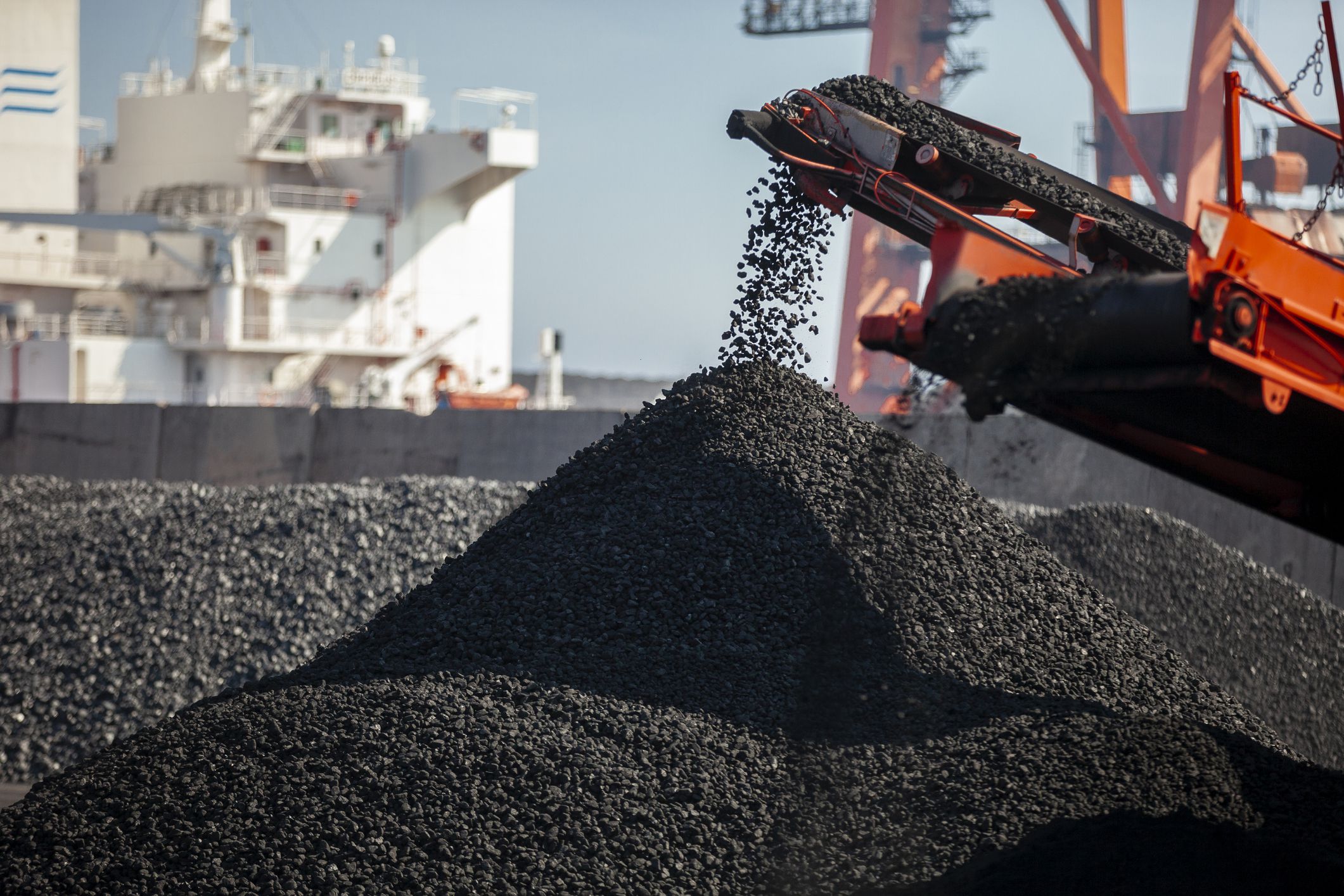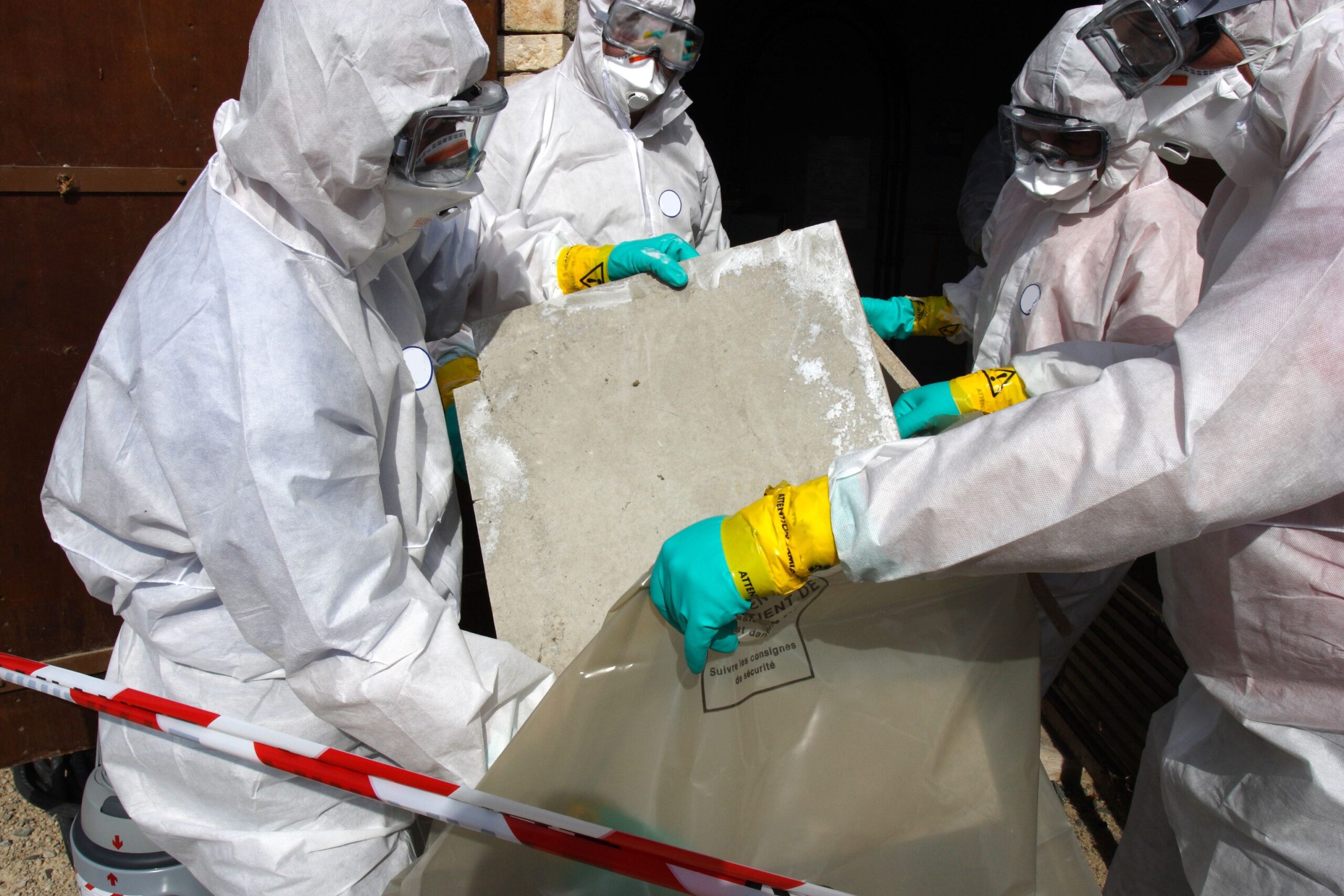Bold acts of innovation can help society progress, making leaps and bounds toward a brighter future. But, as always, there’s another side to the coin. Some inventions that come into this world can shatter the status quo and cause all kinds of unwanted chaos. From fossil fuels to styrofoam — and, yes, even cars — here are some of the inventions that have made a distinctly negative impact on society.
1. Adding Lead to Gasoline, Paint, Pipes, and More

Okay, yes, lead is a fundamental element. However, we went ahead and started adding lead to everything, including gasoline, house paint, and even pipes. Unfortunately, adding lead to pipes and paint resulted in a haunting number of people contracting illnesses brought on by lead poisoning. According to the World Health Organization (WHO), nearly 1 million people die from lead poisoning each year.
2. Fossil Fuels

When fossil fuels started being used in abundance during the Industrial Revolution, the world would be forever changed. By 1961, coal as an energy source had already become the primary fuel used to generate electricity in the United States. With that, the biggest coal industry players made every effort to downplay its environmental impact, as well as the health impact that it put on coal miners.
Today, there seems to be a more concerted effort to embrace solar-powered energy, as well as make more electric vehicles available. Still, much of the damage has been done.
3. Social Media

Yes, it’s remarkable how powerful social media is as a platform when it comes to providing folks the ability to stay connected with their friends. However, the potential for spreading misinformation is high. On top of that, there can be algorithm shakeups within a social media platform that end up only exacerbating the rooted issue of information that’s been shared to misinform and/or manipulate. Studies have also shown that social media can have a detrimental effect on the health of teenagers.
For more historical trivia, please sign up for our free newsletters.
4. Cars

Okay, this is a hot and spicy take. We love cars as much as the next person, but when you take a step back to consider how much damage cars can cause when driven by careless drivers, you can quickly see how some folks might consider the overall impact of cars to err on the negative side.
It’s not just the terrifying amount of injuries and deaths that have been caused by cars. There’s the environmental impact caused by cars’ gas fumes and tire pollution. Even the noise pollution in the world’s busier cities can drive one to the brink of insanity.
Related: The Dirtiest (and Cleanest) Big Cities in America
5. Nuclear Weapons

Nuclear weapons have had one of the longest-lasting negative impacts on society as a whole. The catastrophic destruction that can be unleashed by a nuclear weapon hard to comprehend. When a nuclear weapon is produced, it generates ionizing radiation, which can kill or sicken anyone who is exposed to the environment. In addition, there are the waves of actual nuclear conflict that can result in geopolitical tensions and arms races between nations.
Related: Things We Use All the Time That Didn’t Exist 15 Years Ago
Trending on Cheapism
6. Styrofoam

While styrofoam has been helpful enough when it comes to safely package fragile goods, it also takes at least 500 years to decompose. Oh yeah, and it’s toxic. Prolonged exposure to high levels of styrene can result in both liver and nerve tissue damage. The negative impacts from that exposure can be end up manifesting in fetuses as well as young children. Lastly, styrofoam can’t even be recycled after it has undergone a treatment process.
Related: 6 Disposable Products You Should Reuse, According to Thrifty Redditors
7. Asbestos

On July 12, 1989, the EPA issued a ruling that banned most products containing asbestos. However, the ban was overturned a quick two years later, thereby leaving only some of the originally banned products on the list. The fact that it was banned and then partially unbanned speaks volumes to just how messed up asbestos and its history has been.
8. Plastic Grocery Bags

Plastic grocery bags gained widespread popularity for serving as a convenient and cheaper alternative to paper grocery bags. Nowadays, they’re produced at a rate of over one trillion bags a year. Let that sink in for a second.
While they’ve effectively saved the lives of countless trees, there are plenty of plastic bags that end up in a landfill. Those same bags can end up taking as long as a few hundred years to decompose.
Sign up for our newsletter
9. DDT

That discovery resulted in Hermann Muller being awarded a Nobel Prize in 1948. From there, the actual usage of DDT soared through the roof. During this time, nobody was considering what kinds of environmental impacts could result from repeatedly dumping millions of pounds of a powerful pesticide on the planet each year. Not only did DDT end up being responsible for fertility and neurological issues in humans, but it also poisoned wildlife. Thankfully, DDT was eventually outright banned in the U.S.
10. Kid-Friendly YouTube Shorts

It’s all good and fun to keep the kids entertained, but there’s a fine line between ensuring kids don’t go mad from boredom and maintaining their ability to focus. When you provide a kid with a steady stream of 1-minute videos and don’t even bother setting limits, their attention span is bound to suffer.






